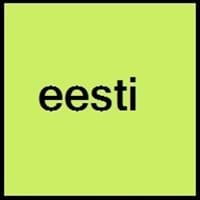Estonian vs Catalan
- Estonian language is considered to be powerful symbol of Estonian identity and culture.
- Estonian language has adopted many words with Finnish language.
- Catalan is 6th most largely spoken Romance language.
- Catalan went through a golden age in low middle ages, reaching a peak of maturity and cultural richness.
Estonian and Catalan Language History
Comparison of Estonian vs Catalan language history gives us differences between origin of Estonian and Catalan language. History of Estonian language states that this language originated in 13th century whereas history of Catalan language states that this language originated in c. 1028. Family of the language also forms a part of history of that language. More on language families of these languages can be found out on Estonian and Catalan Language History.
Estonian and Catalan Greetings
People around the world use different languages to interact with each other. Even if we cannot communicate fluently in any language, it will always be beneficial to know about some of the common greetings or phrases from that language. This is where Estonian and Catalan greetings helps you to understand basic phrases in Estonian and Catalan language. Estonian word for "Hello" is Tere or Catalan word for "Thank You" is Gràcies. Find more of such common Estonian Greetings and Catalan Greetings. These greetings will help you to be more confident when conversing with natives that speak these languages.
Estonian vs Catalan Difficulty
The Estonian vs Catalan difficulty level basically depends on the number of Estonian Alphabets and Catalan Alphabets. Also the number of vowels and consonants in the language plays an important role in deciding the difficulty level of that language. The important points to be considered when we compare Estonian and Catalan are the origin, speaking countries, language family, different greetings, speaking population of these languages. Want to know in Estonian and Catalan, which language is harder to learn? Time required to learn Estonian is 44 weeks while to learn Catalan time required is 24 weeks.





